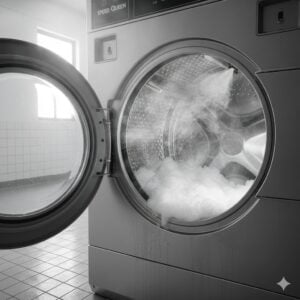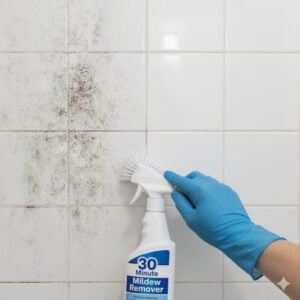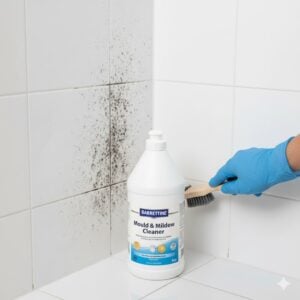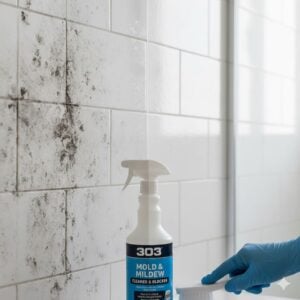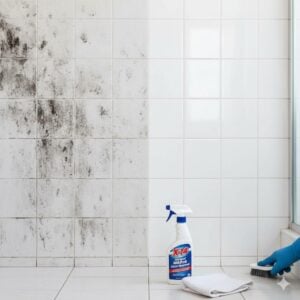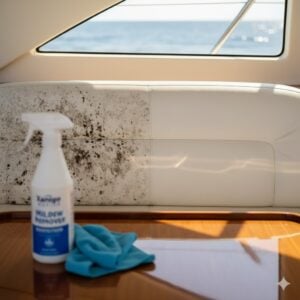Mold isn’t always something you can see—but you might smell it, feel it, or even suffer health symptoms because of it. In the UAE’s hot and humid climate, mold can quietly grow inside walls, near air conditioners, under carpets, or around windows. And unless you get a proper mold test, it often goes undetected until it’s already affecting your home or your health.
So, is mold really a problem in the UAE? How much does it cost to clean up mold here? What kind of tests exist to detect toxic mold or exposure? And more importantly—what can you do if you suspect mold in your living space?
In this guide, we’ll walk you through everything you need to know about mold testing in Dubai, Abu Dhabi, Sharjah, and across the Emirates—covering costs, test types, and when to act. If you’re unsure whether that damp smell in your flat means trouble, this article is for you.
Table of Contents
Toggle1. Is Mold a Real Problem in UAE Homes?
Absolutely—mold is more common in the UAE than most people think. It’s not just a problem in old or abandoned buildings. Even luxury apartments and villas can develop mold due to how buildings are sealed and cooled. The combination of constant air conditioning, moisture from cooking or showering, and sometimes small leaks creates the perfect conditions for mold to thrive.
Common mold hotspots in UAE homes include:
- Behind furniture placed against outer walls
- Bathrooms and under sinks
- Air conditioning vents and ducts
- Window frames, especially in humid coastal cities
- Storage rooms or basements with poor airflow
Because ACs are always running and buildings are often sealed tight to preserve cool air, humidity doesn’t escape easily. This trapped moisture leads to condensation, which supports mold growth on ceilings, walls, and even inside closets.
If you’ve ever seen black patches on a ceiling or smelled something earthy or musty when you walk into a room—that’s mold trying to get your attention. And if you or your family experience allergies, coughing, or breathing issues that worsen indoors, it’s time to consider a mold test.
2. How Much Does It Cost to Clean Mold in UAE?
Mold remediation in the UAE can range in cost depending on a few key factors: the size of the area affected, the type of surface, the severity of contamination, and whether emergency treatment is needed. On average, here’s what you might expect:
| Volume of work | (AED) per sq.m./running meter | (AED) per 10.76 sq.feet / 3.28 linear feet |
|---|---|---|
| Up to 1 sq.m. | 35 per 1 sq.m./running m. | 35 per 10.76 sq.feet or 3.28 linear feet |
| From 1 to 3 sq.m. | 30 per 1 sq.m./running m. | 30 per 10.76 sq.feet or 3.28 linear feet |
| From 3 to 7 sq.m. | 25 per 1 sq.m./running m. | 25 per 10.76 sq.feet or 3.28 linear feet |
| From 7 to 10 sq.m. | 20 per 1 sq.m./running m. | 20 per 10.76 sq.feet or 3.28 linear feet |
| More than 10 sq.m. | Free inspection | Free inspection |
These prices typically include the mold test, professional inspection, containment, treatment (using safe antimicrobial solutions), and post-cleaning air scrubbing if necessary. Emergency callouts—for instance, after flooding or major water leaks—can incur higher charges, especially for same-day service or night visits.
It’s also important to note that attempting DIY cleanup on toxic mold (like black mold) can make things worse. It can spread spores and increase exposure risk. That’s why working with an authorized team like Bio-On ensures the mold is treated safely, completely, and without damaging your property further.
3. What Is the Mold Test for Toxicity and When Is It Needed?
A mold test helps detect not just visible mold but also the presence of spores or toxins in the air or on surfaces. This is especially important when mold is hidden behind walls, inside AC ducts, or under flooring. In the UAE, where many buildings are tightly insulated and use central air systems, a proper mold test can reveal contamination long before it becomes a serious health issue.
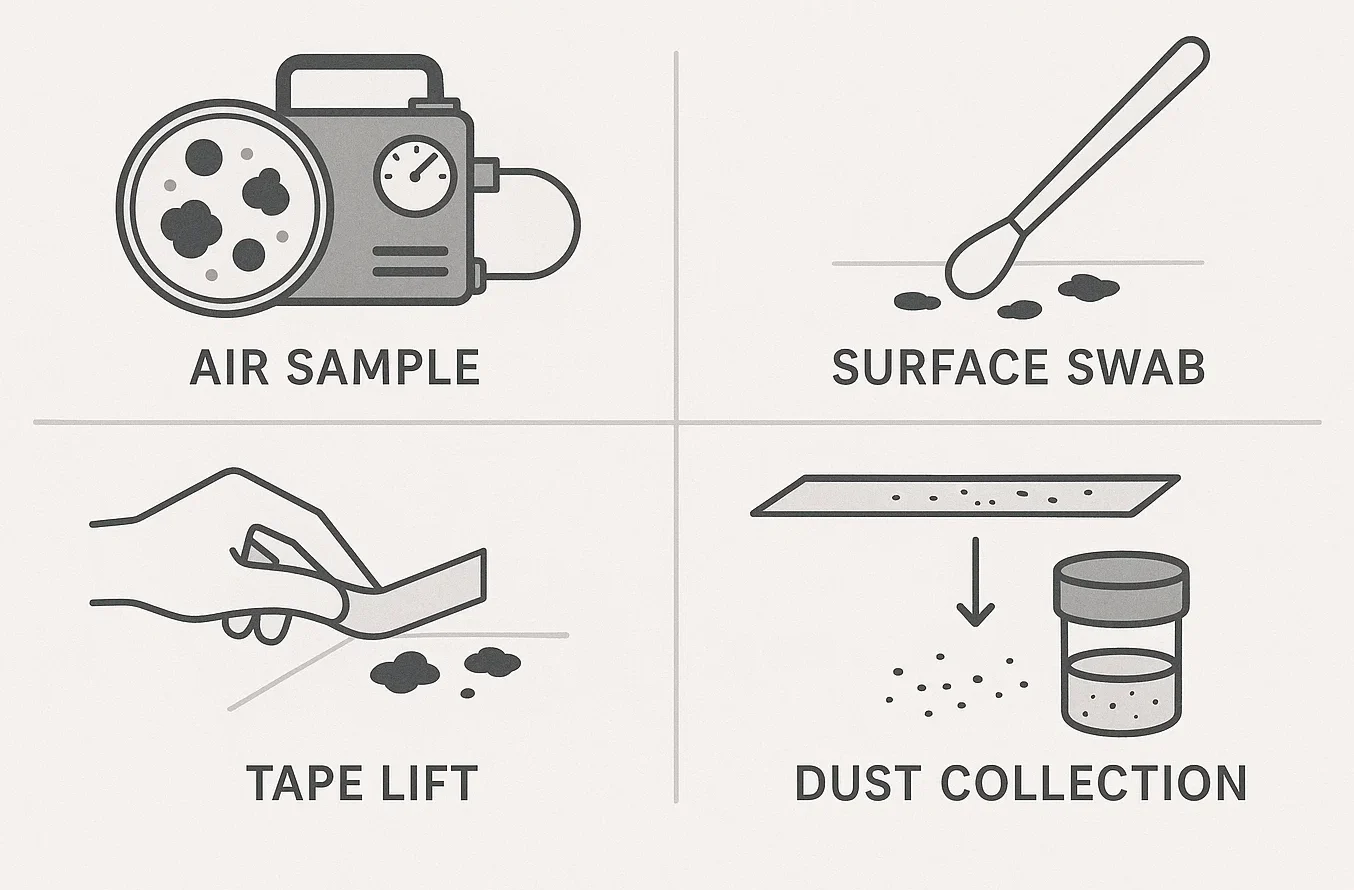
Here are the most common types of mold testing:
- Air Sampling: Captures airborne spores to measure concentration and type. Useful when you suspect mold but can’t see it.
- Surface Swab: A swab is rubbed over moldy areas and sent to a lab to identify species. Ideal for confirming visible patches.
- Tape Lift Sample: Transparent tape lifts mold particles from a surface and is analyzed under a microscope. Great for testing delicate materials.
- Dust Collection: Vacuuming settled dust and testing it for traces of spores or mycotoxins. Best for long-term contamination checks.
Some tests are designed to detect the presence of toxic mold species such as Stachybotrys chartarum (commonly known as black mold). These can produce mycotoxins that may lead to severe allergic reactions, respiratory distress, or neurological issues in sensitive individuals.
You should consider mold toxicity testing when you notice health symptoms like chronic coughing, headaches, fatigue, sinus infections, or skin irritation that worsen indoors. For safety, it’s best to combine professional mold testing with lab analysis for accurate results—and we at Bio-On can help with both.
4. Can I Get a Mold Exposure Test for Myself?
Yes, there are medical tests that can check for mold exposure in the body—but they are separate from environmental mold tests. These are usually done at hospitals or certified medical labs. They may include:
- IgE Blood Tests: Measures allergic response to specific mold types.
- Mycotoxin Panels: Detects toxins in urine, often linked to prolonged exposure.
- Skin Prick Tests: Helps diagnose mold allergies through direct contact testing.
If you or a family member have symptoms that persist or get worse when at home or work, it’s a smart move to consult a physician. Doctors may refer you for a mold exposure test based on your symptoms and living conditions. However, these tests should be supported with an environmental mold inspection to determine the source and fix the root cause.
In many cases, people live with mold for months without realizing it—so a combined health and home approach is the safest option.
5. When to Get a Mold Test and What to Expect
There’s no need to wait for walls to turn black before acting. Here are the most common signs that indicate you should book a mold test in your home or office:
- Persistent musty or earthy smell in specific rooms
- Recurring respiratory symptoms indoors (sneezing, coughing, wheezing)
- Visible mold spots or discoloration on walls, ceilings, or curtains
- Recent leaks, floods, or AC malfunctions
- Peeling paint or warped walls due to hidden moisture
When you schedule a mold test with us at Bio-On UAE, here’s what typically happens:
- Initial inspection: Our team examines your property visually and with moisture meters or thermal cameras.
- Sampling: Depending on the situation, we collect air or surface samples.
- Lab testing: Samples are sent to certified labs to identify mold type and risk level.
- Reporting & next steps: We provide a clear summary, photos, and a recommendation plan for cleaning and prevention.
Mold testing is quick, discreet, and surprisingly affordable—especially when compared to the long-term cost of untreated mold damage. If you suspect your home or office might be affected, don’t wait. Just click the contact button on the right-middle of this post and we’ll help you find out what’s really hiding in your air.
Conclusion
Mold can be sneaky. It hides in your walls, floats through your air, and slowly affects your health and property—especially in the UAE’s hot and humid environment. Whether you’re dealing with strange odors, visible stains, or unexplained health symptoms, getting a proper mold test is the smartest first step.
We hope this guide has helped you understand how mold works, when to worry, and what testing options are available. From surface swabs to air quality checks, knowing what you’re breathing in can give you peace of mind—or help you act before things get worse.
If you suspect mold in your home or office, don’t wait for the problem to grow. Just click the contact button on the right-middle of this post, and we’ll take care of the rest—professionally, safely, and with full discretion.







